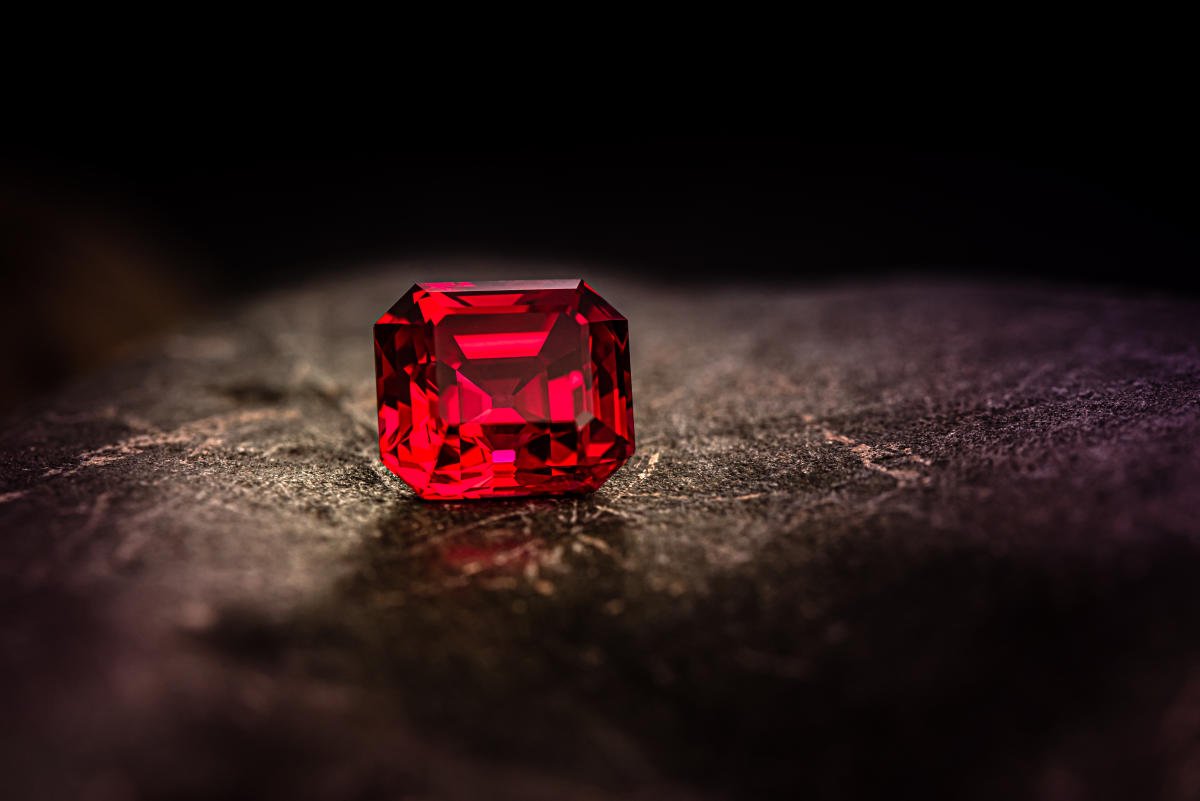There is a lot of hype around NFTs at the moment but what if you want to invest in something tangible?
We explore some of the alternative investment options.
Why invest in tangible assets?
Tangibles or alternative investments include property, gold bullion, art, antiques, wine and other collectibles like watches, cars or jewellery.
Having tangible assets can offset any risks of investing in the stock and bond markets whilst having the added benefit of being an item you elicit pleasure from.
But the biggest argument for alternative investments is the protection from inflation. While the spending power of the pound has been seriously eroded in recent months, gold has gained in value by 12% so far this year.
Tally Money CEO Cameron Parry said: “Gold is a time-tested inflation hedge and has maintained its purchasing power for millennia. At times like these, when conventional money is steadily losing its buying power, gold offers people the best chance of keeping ahead of inflation.”
Investing in a tangible asset, like wine, can also have a lower entry point, costing as little as £500. And with the current alcohol duty freeze, investment in assets like Scotch Whisky, which has no capital gains tax, is another favourable option.
Tangible assets also have the potential for huge returns. For example an investment of £4,700 27-years-ago in cask whisky secured one investor a whopping £225,000 following a sales agreement with Whisky Investment Partners — a 4,600% return.
Meanwhile gemstones continue to outperform the wider jewellery market — with Columbian emeralds jumping in value by 2,000% over the past decade.
Another advantage of a non-traditional investment is that some have great tax benefits. Wine, cars and stamps are all viewed by HMRC as wasting assets so no tax is payable even if you make a great return.
What do I need to consider?
When considering your options in alternative investments, your first task is to research the asset class itself and the associated risks.
“All investments carry risk, but some are riskier than others and a first step should be ensuring that the class aligns with your risk appetite. Never invest more than you can afford to comfortably lose,” advises Chantelle Arneaud, director of strategy at Envestors.
Read more: Airport travel hacks: How to reduce your summer holiday costs
Some classes are more susceptible to theft, fraud and counterfeit so you need to take steps to protect against this. Working with regulated firms is one way to offset the risk as long as the assets are not so new that the regulators haven’t yet stepped in.
“You’ll also want to understand the broader factors that could impact your return — that could be the weather if investing in commodities, economic recessions or a lack of a sustained interest,” said Arneaud.
In addition to fees from exchanges, wealth managers or brokers, some asset classes have other associated costs. Collectibles, like fine art, can require you to hold and insure the items. These costs need to be understood and factored in before making any investments.
How do I invest?
Once you’ve decided on which alternative asset classes you want to add to your portfolio, your next task is to decide who to invest through. If you don’t want to work with a wealth manager, there are platforms available for most asset classes.
Whenever possible, work with a regulated firm with a solid reputation. Regulated firms are held to a standard which should translate into more protections for you.
Many alternative investment classes are illiquid, which means once your money is invested, it can be difficult to get it back out until there is an exit or sale event. That can mean your money is tied up for years. Understand typical times for a return and be comfortable that the money is locked away.




